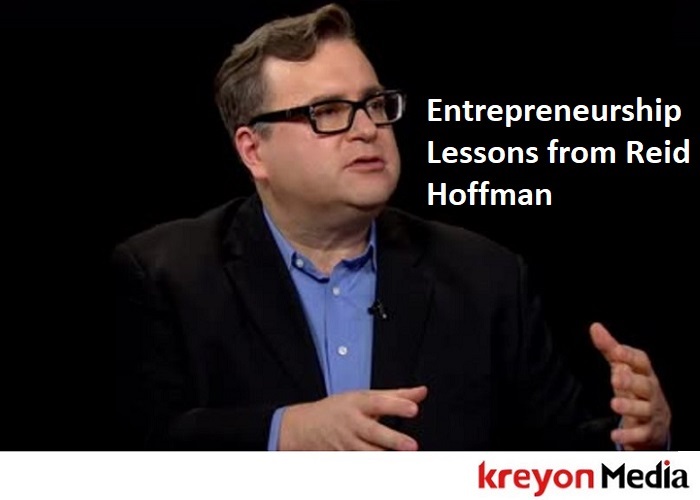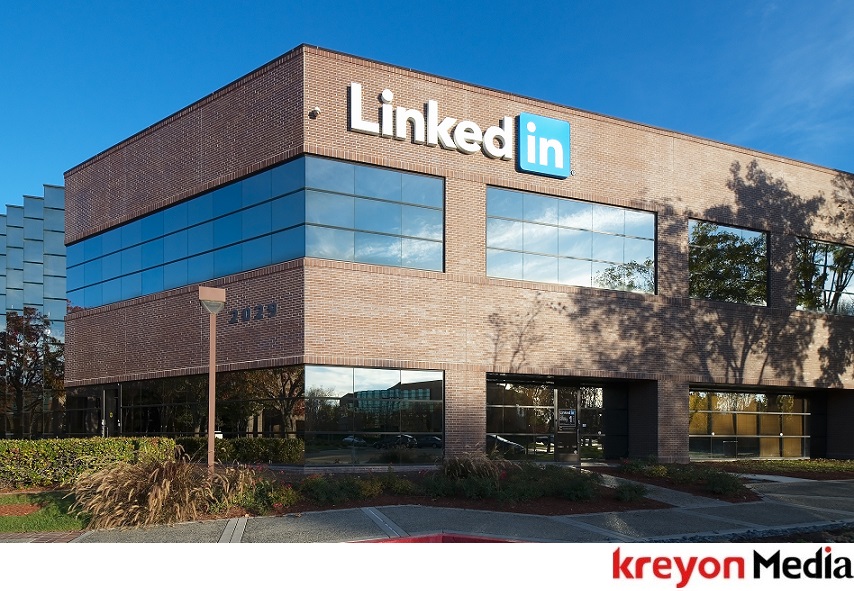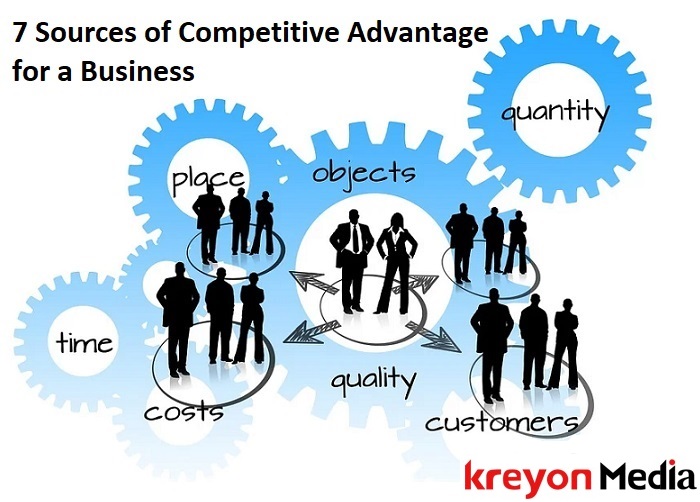5 Entrepreneurship Lessons from Reid Hoffman

Reid Hoffman is a regular guy who built LinkedIn. He knows a thing or two about entrepreneurship and how to build companies. An early investor in AirBnb and someone who’s been at the helm of affairs while building the world’s largest professional network community, Reid Hoffman is a widely admired figure. Entrepreneurship lessons from Reid Hoffman are
invaluable nuggets of wisdom from his early days at LinkedIn, AirBnb and several other companies.
Hoffman serves on the board of many public and private companies, devotes his time for several philanthropic initiatives and works as a venture capitalist at Greylock. He is known to be generous among his friends and close associates. Here’s a look at some of the key entrepreneurship lessons from Reid Hoffman:
1. People are Complicated & Flawed, Learn to Deal with it
 Reid Hoffman understands people better than most. He’s built the networking platform for professionals that connects people across the world. But when it comes to building and maintaining relationships, he’s a master at it.
Reid Hoffman understands people better than most. He’s built the networking platform for professionals that connects people across the world. But when it comes to building and maintaining relationships, he’s a master at it.
One of the keys to be a successful entrepreneur is to build strong relationships. People in startups and life tend to have complicated attributes, they cannot be classified as good or bad. Labeling them as great or stupid, doesnt truly justify them as human beings. Reid is known to be forgiving and helpful to people.
He often maintains a good deal of information about a person. Infact, even when you make mistakes or your weakness gets exposed, it is just another attribute or piece of data about you as a person for him. He cherishes and preserves his relationships, which is a great necessity for an entrepreneur.
A lot of entrepreneurs tend to evaluate people by looking at their weaknesses first and not paying enough attention about their strengths and unique capabilities. A change in perspective on how you evaluate people can help you build relationships with them. By helping people and being generous with them, you have a better chance of being successful in your own endeavors too. Hoffman summarises it apty, “Your network is the people who want to help you, and you want to help them, and that’s really powerful.”
2. Speed & Execution
One of Reid Hoffman’s most famous quotes, “In founding a startup, you throw yourself off a cliff and build an airplane on the way down.” It captures what entrepreneurship is all about. It is about speed, execution and achieving the unthinkable.
The reason speed is so important for entrepreneurs is because the world is changing so fast. What you’re building will be outdated in no time. The value of what you build may no longer be relevant with new inventions coming up so quickly.
Action bias, executing with nimbleness, assessing & taking decisions quickly are some of the most important attributes for entrepreneurship. When Hoffman was building LinkedIn, he empowered his teams to make decisions. He accepted the tradeoffs that come with speed saying that he’s okay with a fault rate of 10-20%, if it helps the team take decisions and move fast.
The success of startups lies in its ability to ship and build things faster than the incumbents. It helps them seize the opportunities and create greater value for everyone involved. Hoffman says a lot of intelligent people over analyse and suffer from paralysis of analysis, which makes them indecisive.
3. Outwork & Outlast Competition

Entrepreneurship can be hard, it can really take a toll on people when they’re not really deeply passionate about what they’re doing. Infact, it is the love of the game that inspires the best entrepreneurs to continue in times of difficulties. Passion and love for your job is what separates successful entrepreneurs from others.
The best entrepreneurs are not motivated by the rewards, but by the fun they have while building things. It is this excitement and passion that gives them the energy to outwork and outlast their competitors. In Reid Hoffman’s words, “The person passionate about what he or she is doing will outwork and outlast the guy motivated solely by making money.”
In the long run, what you’re building has to be meaningful for you. It should give you fulfillment and reason to outwork others who’re in it for the short term rewards.
4. Competitive Advantage
Reid Hoffman explains his theory for competitive advantage in his book, “Your competitive advantage is formed by the interplay of three different, ever-changing forces: your assets, your aspirations/values, and the market realities, i.e., the supply and demand for what you offer the marketplace relative to the competition.”
Your competitive advantage is shaped by what you offer to the world and the supply & demand for it. Your values and aspirations are what help you to excel at what you do. It gives you a strong grounding and belief system that propels you to differentiate yourself from others. Your assets are your strong capabilities that help you gain an edge over others. For e.g. an entrepreneur who excels at coding can contribute and develop technology platforms.
Great entrepreneurs are driven by a strong value system that helps them build remarkable things. Many entrepreneurs discover their hidden talents & assets while they’re striving to build their companies.
5. Identify & Address Misaligned Incentives
 The key to success in any partnership is right alignment of the expectations, more so in a startup. Navigating through points of misalignment and disagreements can keep the relationships on track. Ben Casnocha co-authored a book titled, ‘The Startup of You’ with Reid Hoffman shares an interesting anecdote.
The key to success in any partnership is right alignment of the expectations, more so in a startup. Navigating through points of misalignment and disagreements can keep the relationships on track. Ben Casnocha co-authored a book titled, ‘The Startup of You’ with Reid Hoffman shares an interesting anecdote.
When the book was about to be published, Reid Hoffman had a meeting with the publishers. The publishing house wanted to sell more copies of the book, whereas Reid Hoffman & Ben were more interested in spreading their ideas around the world. They weren’t necessarily bothered about the formats and considered even lesser pricing and free distribution of the ebooks. The publishers agreed to this. There were initial misalignments, but these were sorted out by articulating and addressing them.
In a start-up, the employees, co-founders and other stakeholders all invest their time and energy. There are often disagreements, misalignments and difficulties that can be handled by identifying and addressing things. When people are invested in the success of the enterprise, they work harder.
Entrepreneurs need to learn the art of negotiating with all stakeholders any misalignments and come to a common goal that benefits everyone. Every day is a great opportunity to build a better tomorrow and shape the things to come. Reid Hoffman nails it aptly, “Each day presents an opportunity to learn more, do more, be more, grow more in our lives and careers.”
























